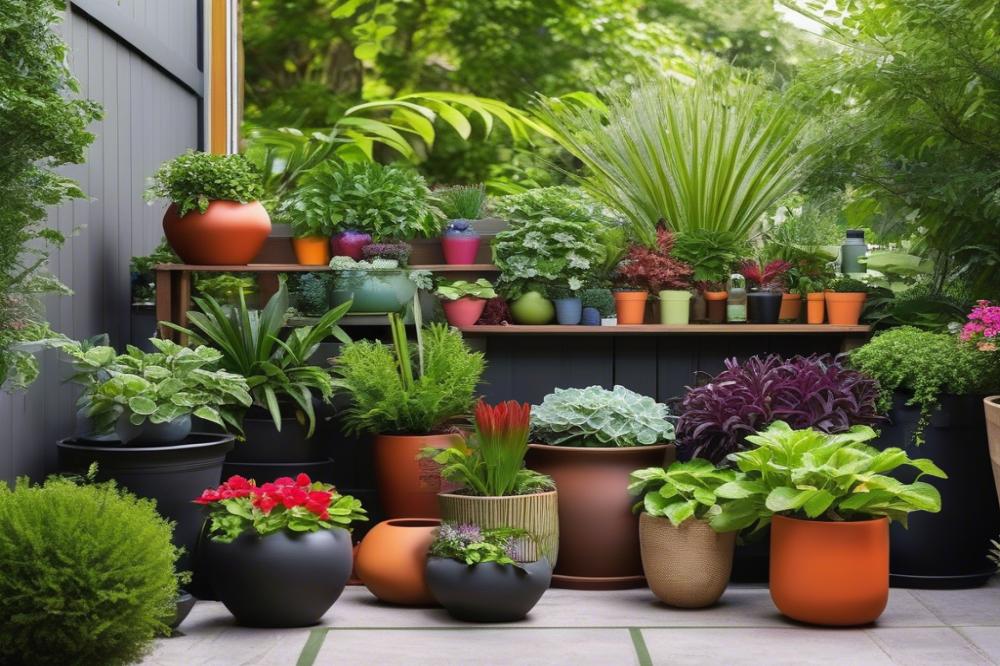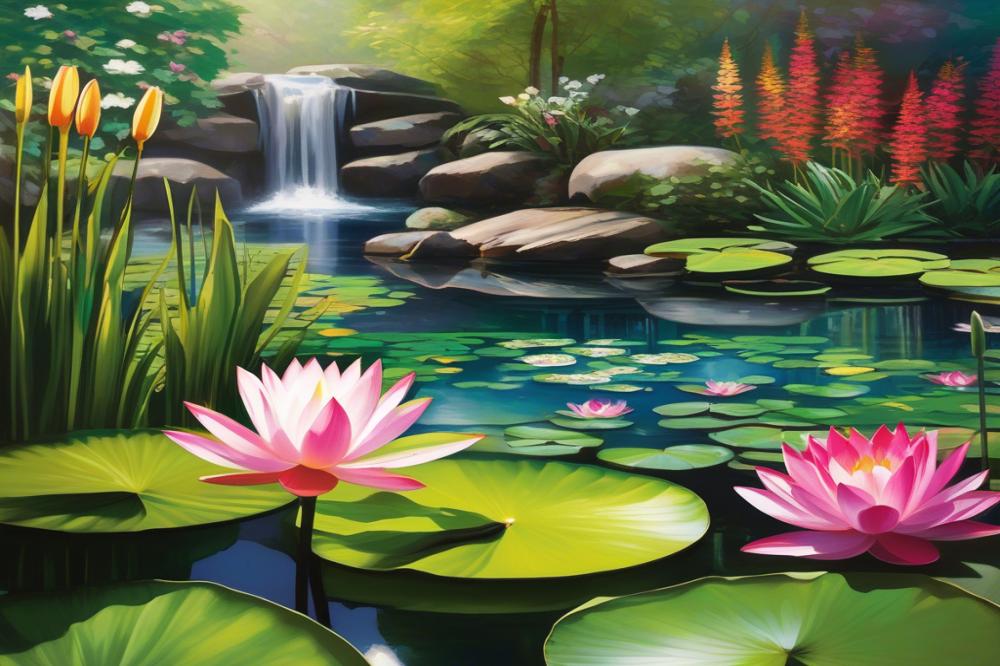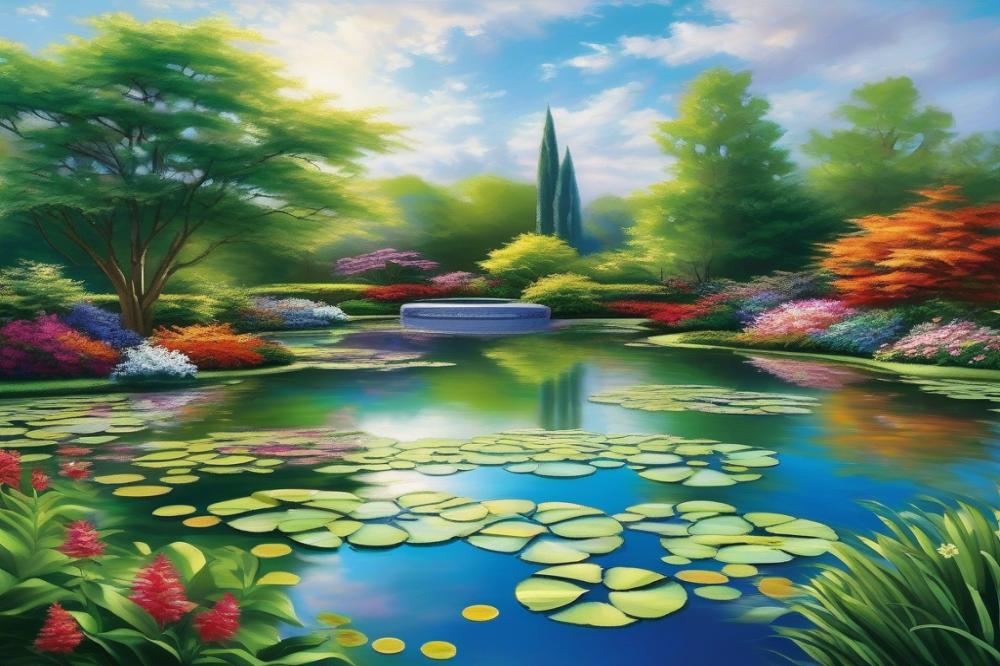How to Choose the Best Soil for Container Plants
Choosing the right soil is crucial for container plants. It can significantly affect how well your plants thrive. Proper soil supports plant health by providing essential nutrients and helping to regulate moisture. Different plants require specific growing conditions, and choosing the wrong soil type can lead to poor growth or even plant death.
One key aspect of soil is itsgardening“> drainage capability. Excess water can cause root rot, while insufficient moisture retention can lead to drying out. Therefore, understanding how much moisture a particular plant needs is essential. A good potting mix usually balances these factors, promoting healthy plant growth.
Soil types vary widely and each serves a unique function. Some are rich in organic matter, which enhances nutrient availability. Others might focus on lightweight soil for easier handling and improved aeration. When selecting soil, consider not onlygardening“> drainage and moisture retention but also the nutrient content, pH balance, and how it affects root development.
Overall, the best soil for plants supports their growth and addresses their specific needs. It’s not just about filling a pot; it’s about creating a thriving environment for your plants. Knowing how to choose the best container plants soil is critical for success in container gardening.
Understanding container plants soil
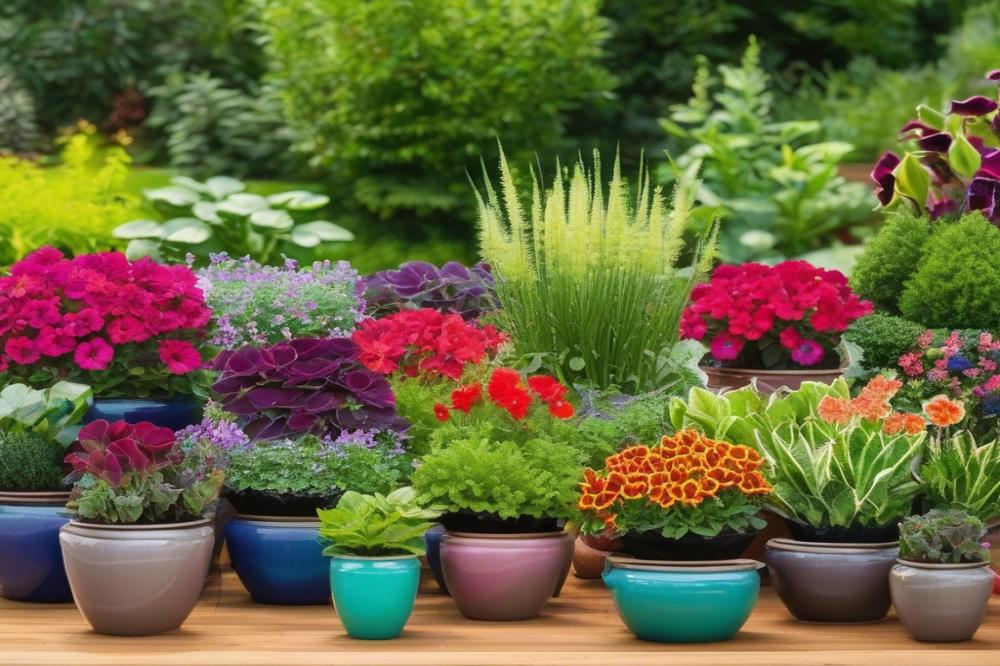

Container plants soil is a specialized blend designed to support plants grown in pots. It is formulated to meet the specific needs of plants that do not have access to ground soil. Unlike traditional garden soil, this mix provides a balanced environment for roots to thrive.
Differences Between Garden Soil and Container Soil
Garden soil often contains clay and compacted particles. Such composition can lead to poor drainage and root rot in containers. In contrast, potting mix is aerated and lightweight, which is crucial for healthy roots. Various soil types can trap air and facilitate drainage. This helps prevent water from accumulating at the bottom of the container.
Garden soil can also be difficult to manage when it comes to nutrients. It may lack the correct pH balance and organic matter needed for container plants. Potting mixes frequently include fertilizers that release nutrients over time, supporting plant growth. This will provide the essential elements for vibrant and healthy plants.
The Importance of Lightweight Soil for Container Gardening
Choosing lightweight soil is vital in container gardening. Heavy soil can weigh down pots, making them cumbersome. A lighter mix not only makes moving plants easier but also aids in moisture retention and aeration. These attributes are pivotal for maintaining optimal plant health.
Moisture retention becomes manageable with the right mix. It helps to keep the roots hydrated without accumulating excessive water. Better aeration allows roots to access necessary oxygen, promoting growth. Healthy and balanced container plants rely on these factors.
Types of Soil for Container Gardening
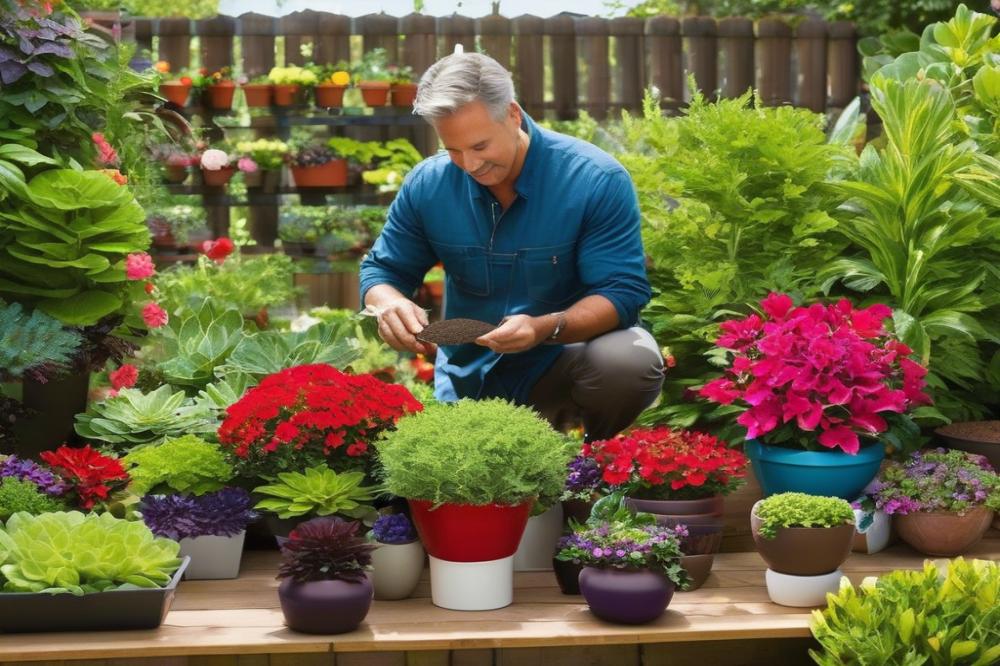

Choosing the right soil is essential for successful container gardening. There are various soil types to consider, each with its unique characteristics. Understanding the differences can help in selecting the best option for your plants.
Potting Mix: Composition and Benefits
Potting mix forms the foundation for many container plants. A typical blend includes peat moss, vermiculite, and perlite. This combination works well for various plants due to its lightweight nature. It promotes aeration, allowing roots to breathe. Good drainage is vital, preventing waterlogged soil that can harm plant health. Many potting mixes also include added nutrients to support growth. Choosing a high-quality mix enhances moisture retention, ensuring plants receive adequate hydration.
Organic Matter: Importance and Types
Organic matter plays an important role in container gardening. It improves soil fertility and enhances moisture retention. Compost is a popular choice, providing rich nutrients for thriving plants. Peat moss, another essential ingredient, helps with pH balance and aeration. It can also retain water without becoming too heavy. Using organic materials ensures a healthy environment for root development and overall plant vigor.
Specialized Mixes
Some plants have specific needs that require specialized mixes. For example, cacti and succulents thrive in a mix designed for excellent drainage. These plants prefer a gritty soil texture that prevents overwatering. African violets, on the other hand, grow best in a blend that retains moisture while providing adequate aeration. These unique soil types cater to the individual preferences of various plants. Understanding the requirements allows gardeners to create optimal conditions for growth.
Key Factors in Choosing Container Plants Soil
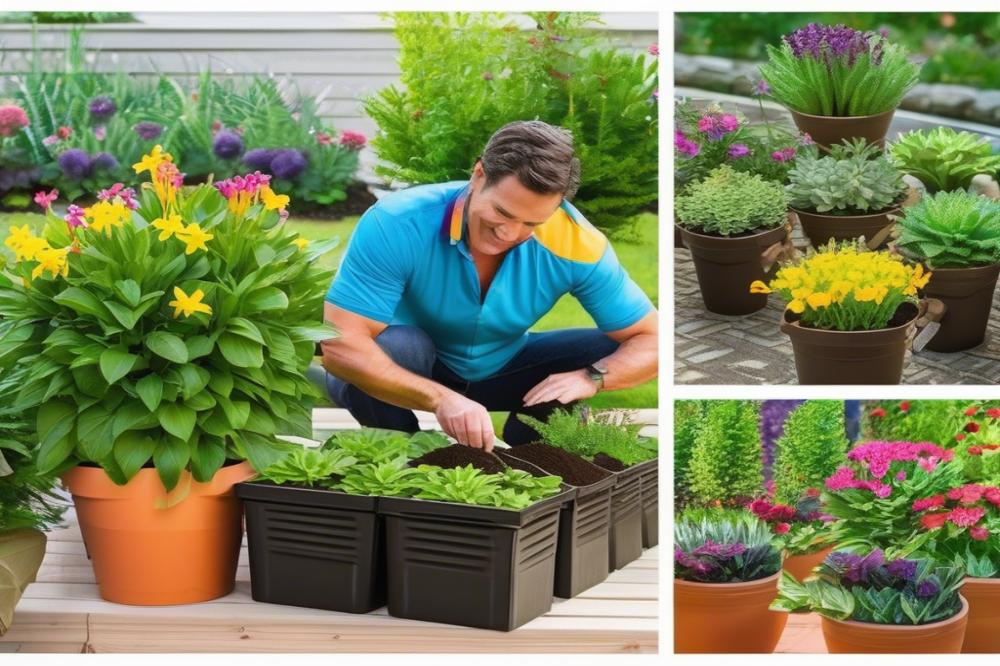

Choosing the right soil for container plants involves several important factors. One critical aspect is drainage. Excess water can lead to waterlogging, which harms plant roots. It’s vital to select soil that allows water to escape. Too much moisture can suffocate roots and promote diseases.
Soil structure plays a major role in aeration and root health. A well-structured mix supports airflow within the container. This airflow helps roots acquire the oxygen they need. Additionally, soil types vary significantly. Some may be too compact, while others may not hold enough weight, affecting overall plant health.
Moisture retention is another key consideration. Balancing moisture retention with drainage is crucial for thriving plants. A potting mix with organic matter can help maintain lower evaporation rates. At the same time, it should not become overly saturated. The right blend keeps roots adequately hydrated but not drowning.
Nutrients are essential for growth. A high-quality mix should provide the necessary nutrients that plants require. Consider mineral content as well. Look for blends that are enriched with the vitamins plants need to bloom and flourish. Regular fertilization may complement the nutrients in the lightweight soil.
Finally, understanding pH balance is vital. Soil pH affects how available nutrients are to plants. Most plants prefer a slightly acidic to neutral pH range. Testing the pH of your potting mix ensures it meets the needs of your specific plants.
Enhancing Soil Quality for Optimal Plant Health
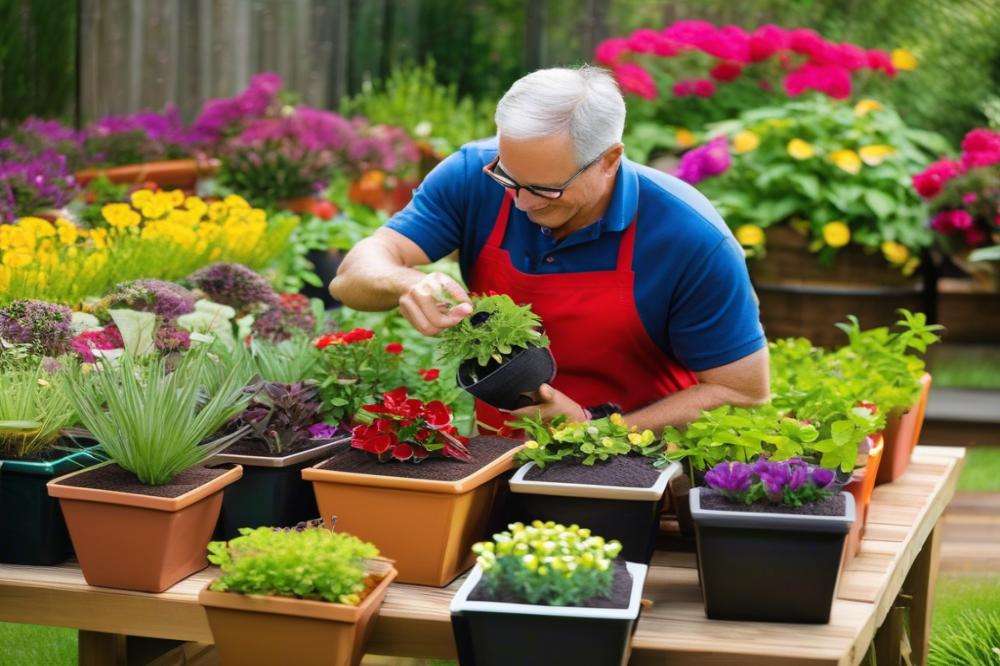

Improving soil quality is essential for growing container plants successfully. Start by adding organic matter, such as compost or well-rotted manure. This natural addition enriches the potting mix, providing a habitat for beneficial microbes. It enhances the soil structure and encourages healthy root development.
The use of fertilizers can also boost nutrient levels. There are various soil types and amendments available. These products can deliver essential nutrients that may be lacking in your mix. Regularly check the pH balance of the soil. This will guide you in selecting the right fertilizers to promote plant health.
Mulch serves another critical purpose in gardening. It aids in moisture retention, which is vital for container plants. A layer of organic mulch helps regulate soil temperature, keeping it more consistent during extreme weather. This will help with aeration, allowing roots to breathe better. Additionally, mulch can suppress the growth of weeds, freeing up more resources for your plants.
Lightweight soil is another consideration for container gardening. It helps with good drainage and prevents waterlogging. Proper drainage is crucial, as too much water can suffocate roots. You want to provide a balanced environment that supports your plants’ needs.
Finding the right combination of organic matter, fertilizers, and mulch enhances soil quality. Each element plays a role in ensuring vibrant and healthy growth. By paying careful attention to these factors, you can create an ideal home for your container plants.
Tips for Maintaining Soil Health in Container Gardens
Regularly checking soil moisture levels is vital for the success of container plants. Use a finger or a moisture meter to assess how damp the soil is. Overwatering can lead to poor drainage, while underwatering can stress your plants. Finding that balance is crucial. Different soil types have different moisture retention capabilities, so understanding your potting mix can help significantly.
Knowing when to replace or refresh your potting mix is also important. Over time, organic matter breaks down, losing its ability to hold nutrients. Signs that it’s time for a change include a persistent odor or compacted, hard soil. Typically, refreshing the soil every year or two will keep your plants thriving. Adding fresh mix and nutrients can boost plant health and vigor.
Methods for improving soil aeration over time should not be overlooked. Well-aerated soil helps roots breathe and absorb nutrients effectively. Consider gently turning the top layer of soil occasionally. You can also add lightweight materials like perlite or vermiculite to enhance drainage and reduce compaction. This practice encourages better airflow and promotes healthy root development.
Maintaining proper pH balance is another aspect to monitor in your container gardens. Testing the pH of your potting mix helps in understanding its acidity or alkalinity. Different plants thrive at different pH levels. Adjustments can often be made easily with amendments, promoting a balanced environment for growth.
Final Thoughts on Soil Selection for Container Plants
Choosing the right soil is essential for the health of your container plants. The right potting mix supports roots, promotes growth, and helps retain moisture while also facilitating drainage. Selecting an appropriate blend can be the difference between a thriving garden and struggling plants. Consider how different soils can influence your plants’ vitality.
Experimentation can be a fun aspect of gardening. Trying out various soil types and amendments can yield surprising results. Some plants thrive in specific conditions, while others may need a unique approach. Mixing your own soil can also give you insights into what works best for your gardening style. Remember, observing the outcome of your choices over time is key.
Ultimately, the benefits of using the right soil are substantial. Healthy plants not only bring beauty to your space but can also enhance your well-being. By making informed choices and being open to adjustments, you set the stage for a vibrant container garden. Happy gardening!

